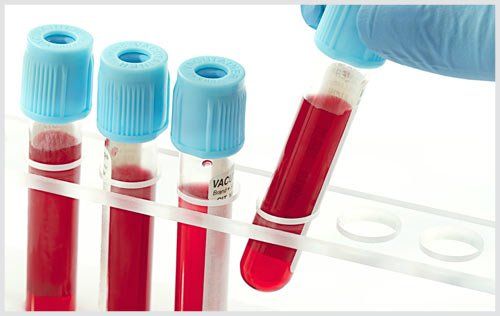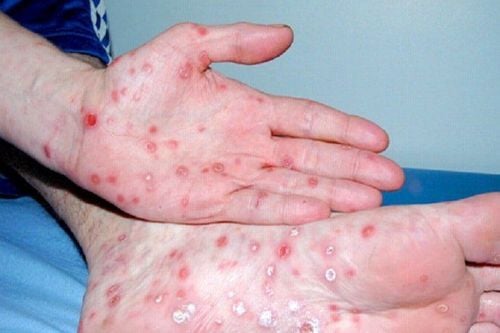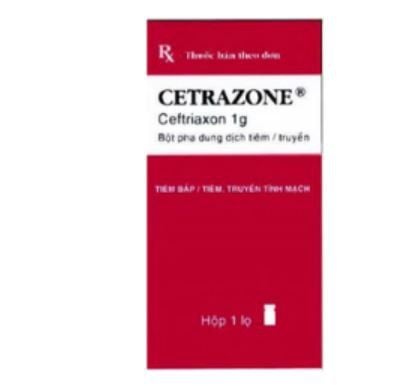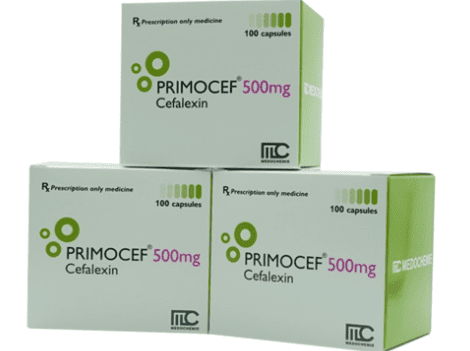Article professionally consulted with Specialist Doctor Trần Văn Sáng - Dermatology Doctor - Outpatient & Internal Medicine Department - Vinmec International General Hospital Da Nang.
Syphilis is a common sexually transmitted infection. The TPHA test is a specialized, specific paraclinical method for confirming the disease.
Understanding information about this test will help us gain accurate knowledge in interpreting syphilis diagnostic results.
1. What is the TPHA Test?
Syphilis is an bacterial infection transmitted through unsafe sexual contact. The causative agent is the spirochete Treponema pallidum.
Syphilis has two disease states:
- 1- Syphilis with clinical manifestations
- 2- Syphilis without clinical manifestations, also known as latent syphilis (hidden syphilis)
The clinical presentation of syphilis is very varied and complex depending on the disease stage, including erythema (redness of the skin), papules (small bumps), nodules; skin and mucous membrane lesions on external genitalia, accompanied by peripheral lymph node swelling. It can also have no clinical symptoms at all, called latent or hidden syphilis, which is only detected through blood tests.
To diagnose syphilis, in addition to directly finding spirochetes (spiral-shaped bacteria) in specimens like secretions from chancres (painless sores caused by syphilis), mucosal plaques, papules, lymph nodes through dark-field microscopy, immunofluorescence, indirect testing through blood tests is used. The TPHA test is a commonly used technique to find specific reactions confirming the presence of syphilis spirochetes in patient specimens through blood tests.
1.1. Purpose of the TPHA Test
The purpose of the TPHA test is to detect the presence of antibodies against syphilis spirochetes in the plasma of patients with syphilis. Along with clinical manifestations, test results contribute to disease diagnosis.
1.2. Principle of the TPHA Test
When bacteria invade the body, the immune barrier in the blood will activate to surround and destroy the agent; simultaneously creating an antibody response. The corresponding antibodies will agglutinate, neutralize the antigen, and limit spread. Based on this principle, the TPHA test kit is designed with cells (red blood cells) already bound with syphilis spirochete antigens. When contacted with the serum (plasma) of a syphilis patient, an agglutination reaction will occur.
2. TPHA Test Procedure Steps

This test must be conducted in a microbiology laboratory and performed by trained laboratory staff with certification or qualification in Microbiology.
The person interpreting and approving results must be the head or deputy head of the laboratory department, requiring at least a university degree.
Equipment and chemicals needed include the specialized TPHA test kit from the manufacturer (Atlas TPHA test kit) and typical laboratory equipment like shakers, centrifuges, micropipettes, blood collection tools like cotton, alcohol, syringes, tourniquets, and necessary protective equipment like gloves, masks, disinfectant solution.
The TPHA reaction test includes qualitative and quantitative tests. Qualitative TPHA testing is quick, helping to identify infection (positive) or non-infection (negative), while quantitative testing requires additional stages to determine the reaction's high or low concentration.
To schedule an appointment at the hospital, please call the HOTLINE or book HERE. Download and automatically schedule appointments on the MyVinmec application to manage and track appointments anytime, anywhere on the app.
Please dial HOTLINE for more information or register for an appointment HERE. Download MyVinmec app to make appointments faster and to manage your bookings easily.














